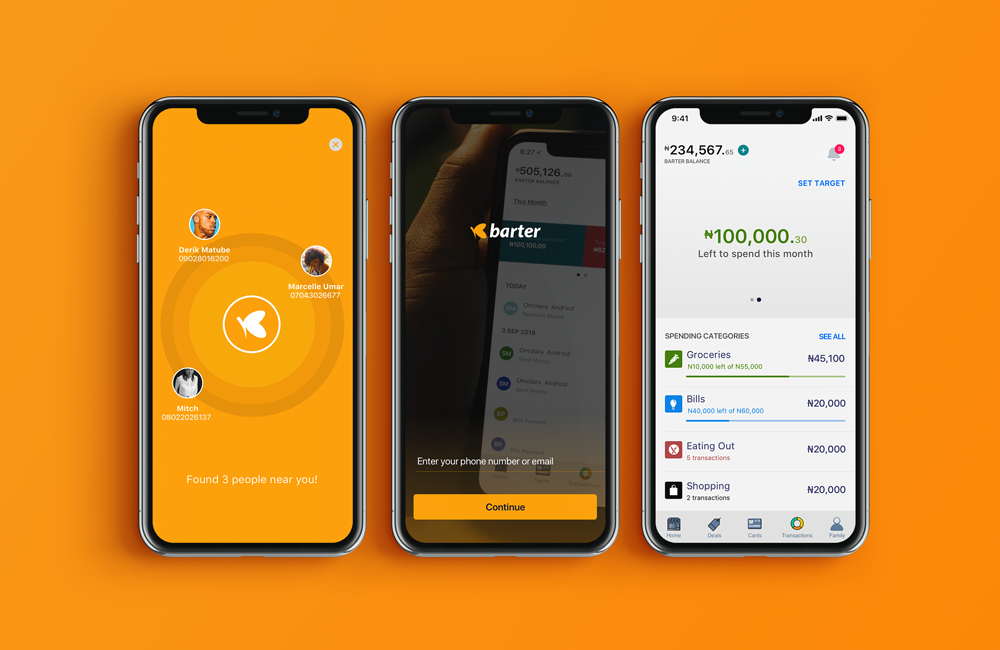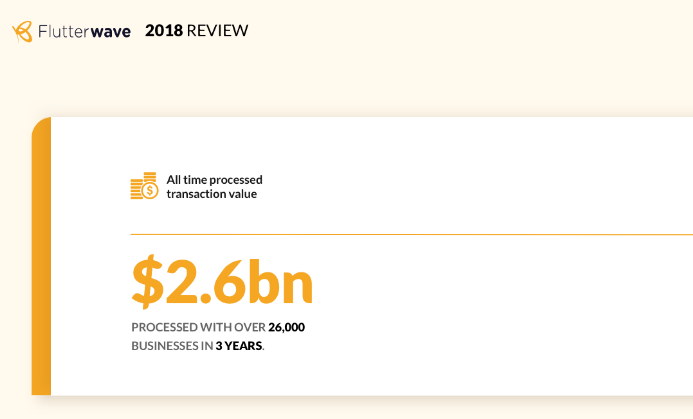IBM is one of the world’s biggest system integrators, but to get closer to where enterprises are actually doing their work, it’s been inking partnerships with companies that build devices and run the networks enterprises are using for their IT, and today comes the latest development on that front.
IBM is announcing a new venture with mobile carrier Vodafone, in a deal that will comes in two parts. First, IBM will supply Vodafone’s B2B unit Vodafone Business with managed services in the areas of cloud and hosting. And second, the two will together work on building and delivering solutions in areas like AI, cloud, 5G, IoT and software defined networking to enterprise customers.
The latter part of the deal appears to be a classic JV that will see both sides bringing something to the table — employees from both companies will be moving into a separate office together very soon that will essentially be “neutral” territory. The former part, meanwhile, will see Vodafone paying IBM some $550 million in an eight-year agreement.
That price tag alone is a strong indicator that this deal is a big one for both companies.
The agreement follows along the lines of what IBM inked with Apple several years ago, where the two would work together to develop enterprise solutions that would have been more challenging to do on their own.
Indeed, while IBM does provide systems integration services, it hasn’t moved as deeply into mobile-specific solutions for businesses, even as its other operational units — doing research and other work in AI, cloud, quantum computing and other areas — are making strong headway on specific projects, some of which involve mobile technology. Now that it’s nearly in full possession of RedHat — which it is in the process of buying for $34 billion, a deal that’s now received the approval of RedHat’s shareholders — it will also have open source cloud computing to add to that.
What the Vodafone deal will tap is taking more of those cutting-edge developments that IBM has built and worked on in specific projects, and productise them for a wider audience of businesses and other organisations, which might already be Vodafone customers.
“To deliver multi-cloud strategies in the real world, enterprises need to invest at many levels, ranging from cloud connectivity to cloud governance and management. This new venture between Vodafone and IBM addresses the ‘full stack’ of real-world multi-cloud concerns with a powerful combination of capabilities that should enable customers to deliver multi-cloud strategies in all layers of their organizations,” noted Carla Arend, senior program director for European software at IDC.
The Apple / IBM deal is more than instructive in this case; it will help fuel this new venture. From what I understand, several fruits of that labor will be making their way into the IBM / Vodafone deal, too, which makes sense, considering Vodafone’s position as a mobile carrier and the iPhone making some strong headway into the business market.
“IBM has built industry-leading hybrid cloud, AI and security capabilities underpinned by deep industry expertise,” said IBM Chairman, President and CEO Ginni Rometty in a statement. “Together, IBM and Vodafone will use the power of the hybrid cloud to securely integrate critical business applications, driving business innovation – from agriculture to next- generation retail.”
“Vodafone has successfully established its cloud business to help our customers succeed in a digital world,” said Vodafone CEO Nick Read, in the statement. “This strategic venture with IBM allows us to focus on our strengths in fixed and mobile technologies, whilst leveraging IBM’s expertise in multicloud, AI and services. Through this new venture we’ll accelerate our growth and deepen engagement with our customers while driving radical simplification and efficiency in our business.”
I’ve been told that the first joint “customer engagements” are already happening with an unnamed energy company. Thinking about what kinds of services Vodafone may be providing to end users today — they will cover mobile data and voice connectivity, mobile broadband, IoT and 5G services — this first deal will involve tapping all four, with an emphasis on 5G and IoT.
from Apple – TechCrunch https://tcrn.ch/2FD3Z26

